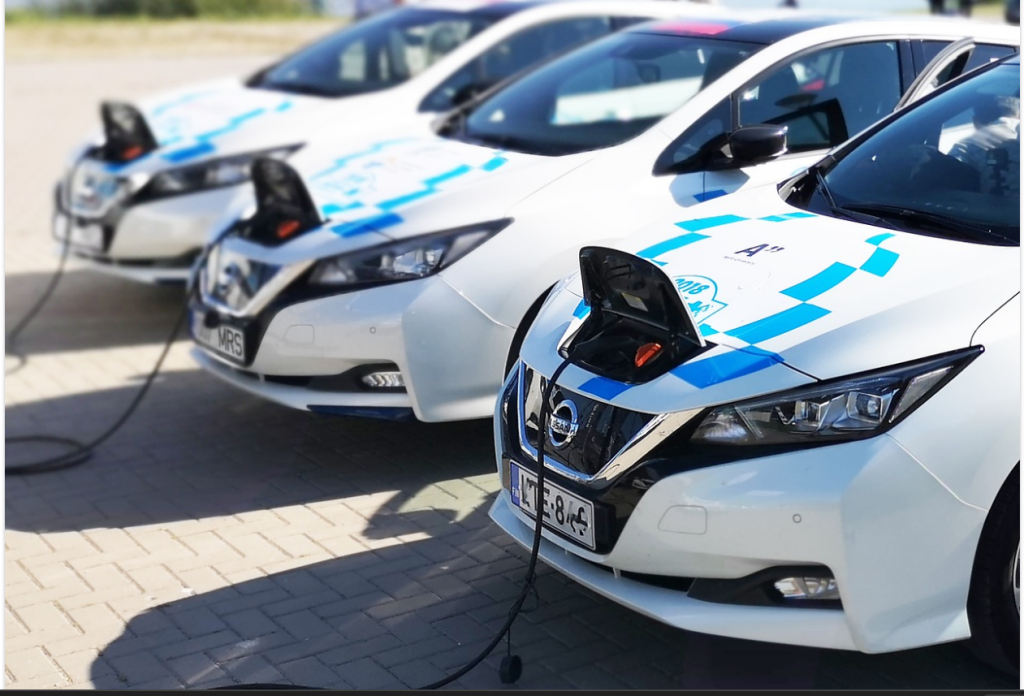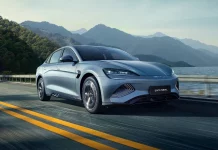In an effort to boost the sluggish growth of its electric vehicle (EV) market, the Chinese government is aggressively working towards the expansion of charging infrastructure for new energy vehicles like electric cars. Simultaneously, they are also focusing on implementing policies that incentivize and facilitate the transition to battery-powered cars among rural motorists.
Following a routine meeting, the cabinet expressed that the enhancement of charging infrastructure for new energy vehicles has the potential to unlock rural consumption and contribute to the growth of rural tourism. This initiative is expected to invigorate rural revitalization efforts, providing fresh momentum to the overall development of rural areas.
The National Development and Reform Commission (NDRC) and the National Administration of Energy (NEA), the leading authorities in economic planning, have issued a collective appeal for the accelerated deployment of charging infrastructure in remote areas.

The NDRC has emphasized the importance of financial incentives offered by local governments to facilitate the establishment of EV charging stations. They have urged for an extended reach of these facilities, ensuring coverage in additional counties, villages, and rural highways. Furthermore, the commission has called upon electric car manufacturers to broaden their product portfolios, aiming to better cater to the unique demands of rural markets
Xin Guobin, the vice minister at the Ministry of Industry and Information Technology, revealed that the government is actively examining policies to stimulate auto consumption and support the modernization of China’s New Energy Vehicle (NEV) market. This comes as the NEV market faces challenges arising from weak domestic demand.
The limited purchasing power among rural residents stands as a significant obstacle to the widespread adoption of New Energy Vehicles (NEVs) in rural areas, said Zhang Xiang, a visiting professor at Huanghe Science and Technology University’s engineering department. To address this challenge, Zhang suggests that cash incentives provided by local governments and car manufacturers, along with the introduction of affordable car models, will play a pivotal role in driving NEV adoption in rural regions.
The government’s focus on promoting auto consumption, supporting NEV market modernization, and expediting the establishment of advanced manufacturing clusters reflects their commitment to bolstering the innovation-driven growth of China’s industries and securing the robustness of the nation’s industrial supply chains.
Related:
- Volkswagen Seeks Huawei’s Help to Improve Software Development for Electric Vehicles
- After US, EU is now taking precautions against Chinese technology and trade
- Samsung and Tesla Explore Potential Collaborations in Electric Vehicles
(via)







